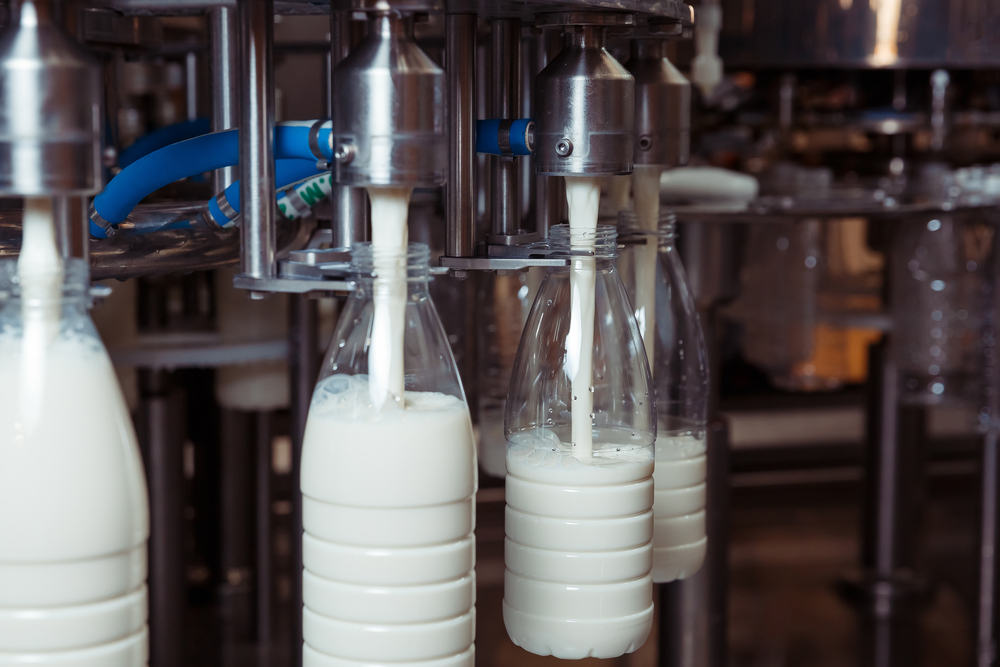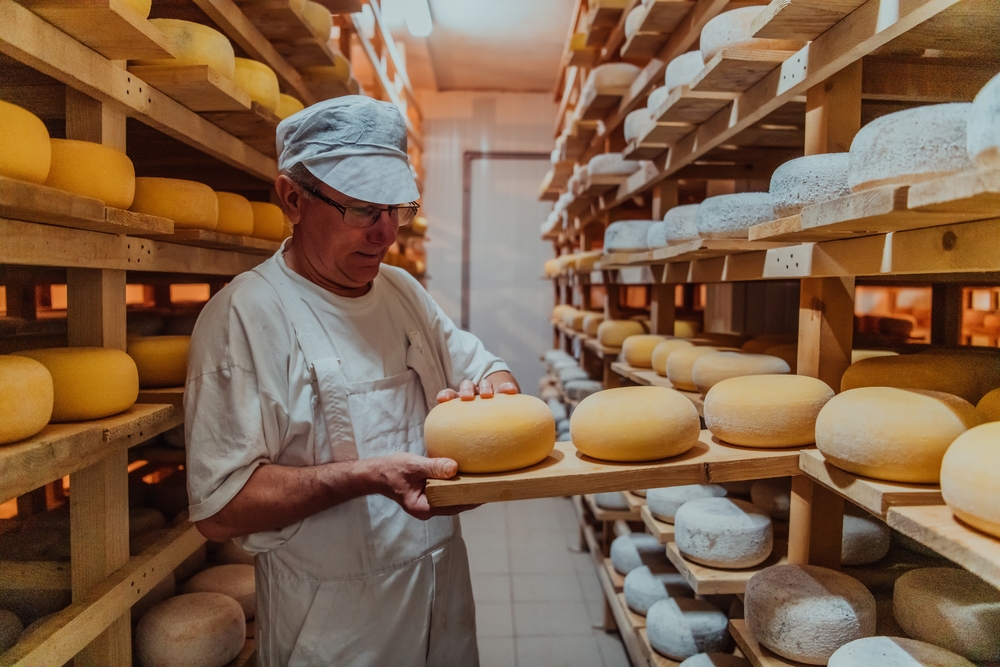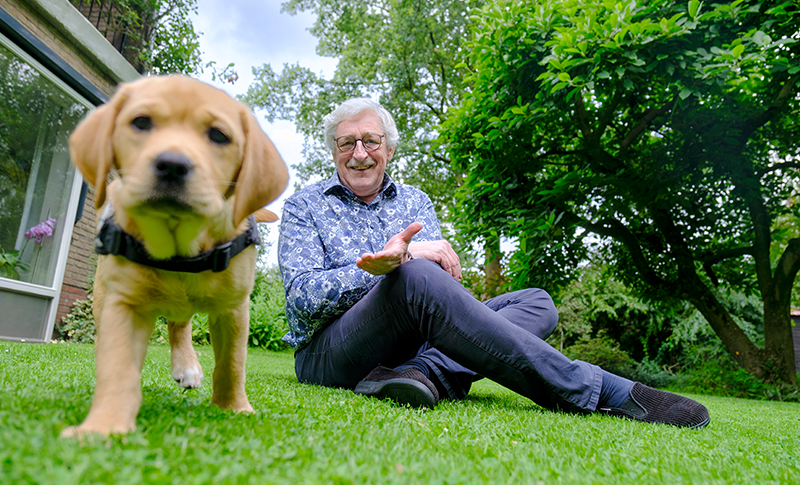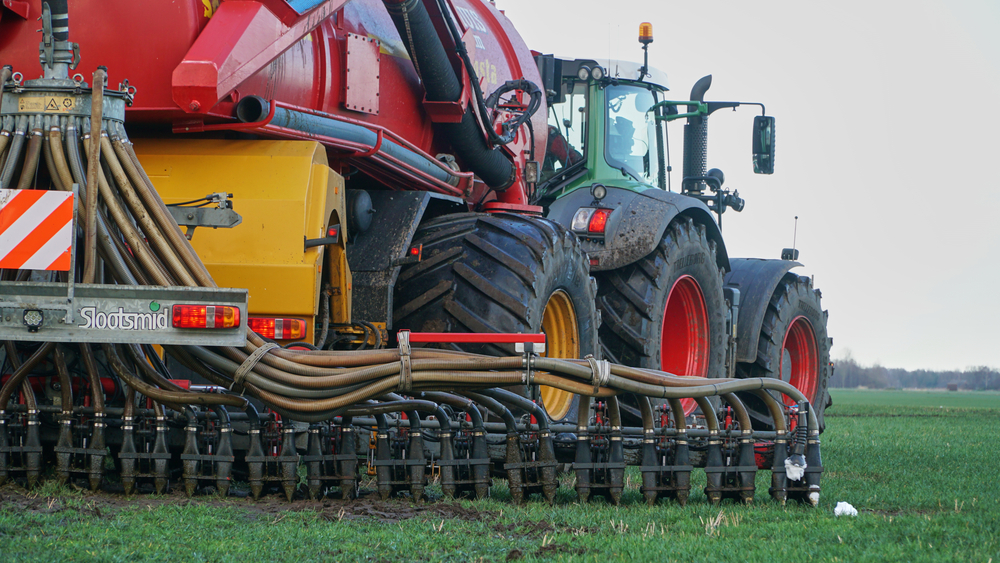Sixty million euros in government funding for cellular agriculture is to advance education and research on animal-free dairy and meat products at, among others, WUR, Maastricht University and TU Delft in the coming eight years.
This investment aims to boost Dutch research and education on cultured meat and precision fermentation. Precision fermentation places the DNA code of animal protein in a micro-organisms cell, which then replicates that protein. The DNA is not cut and pasted directly but synthetically duplicated and then planted in the microbe, a yeast, for example. Thus, a yeast or bacterium is able to make lactoprotein.
Modern
One of the project’s partners, Those Vegan Cowboys (founded by the former owners of the Vegetarian Butcher), produces animal lactoproteins in years and fungi on an experimental scale. ‘Precision fermentation is a form of modern biotechnology, but, ultimately, it still is ordinary fermentation’, says René Wijffels, professor of Bioprocess Engineering. ‘The only thing yeasts, bacteria, or fungi need are sugars for food and, in the case of algae, light.’
Three tenure trackers and eleven doctoral candidates have been recruited for the project, distributed over the three universities. One tenure tracker and one doctoral candidate are to join Wijffels’ group and will focus on precision fermentation and the production of lactoproteins. ‘What protein and which organism is not yet clear, but it might be a protein such as casein’, says Wijffels. Additionally, doctoral candidates at WUR will work on protein structuring, food safety and socioeconomic aspects such as consumer acceptance.
New master’s specialisation
The universities are also developing three courses for a master’s specialisation in cellular agriculture. ‘If there are many enrolments, it may even become an independent masters’ track’, the professor states. ‘We expect to launch the courses within two years. They will focus on cultured meat, precision fermentation and the societal aspects of these novel foods.’

 In the future, this milk may be produced without a cow and through fermentation. Photo Shutterstock
In the future, this milk may be produced without a cow and through fermentation. Photo Shutterstock 

